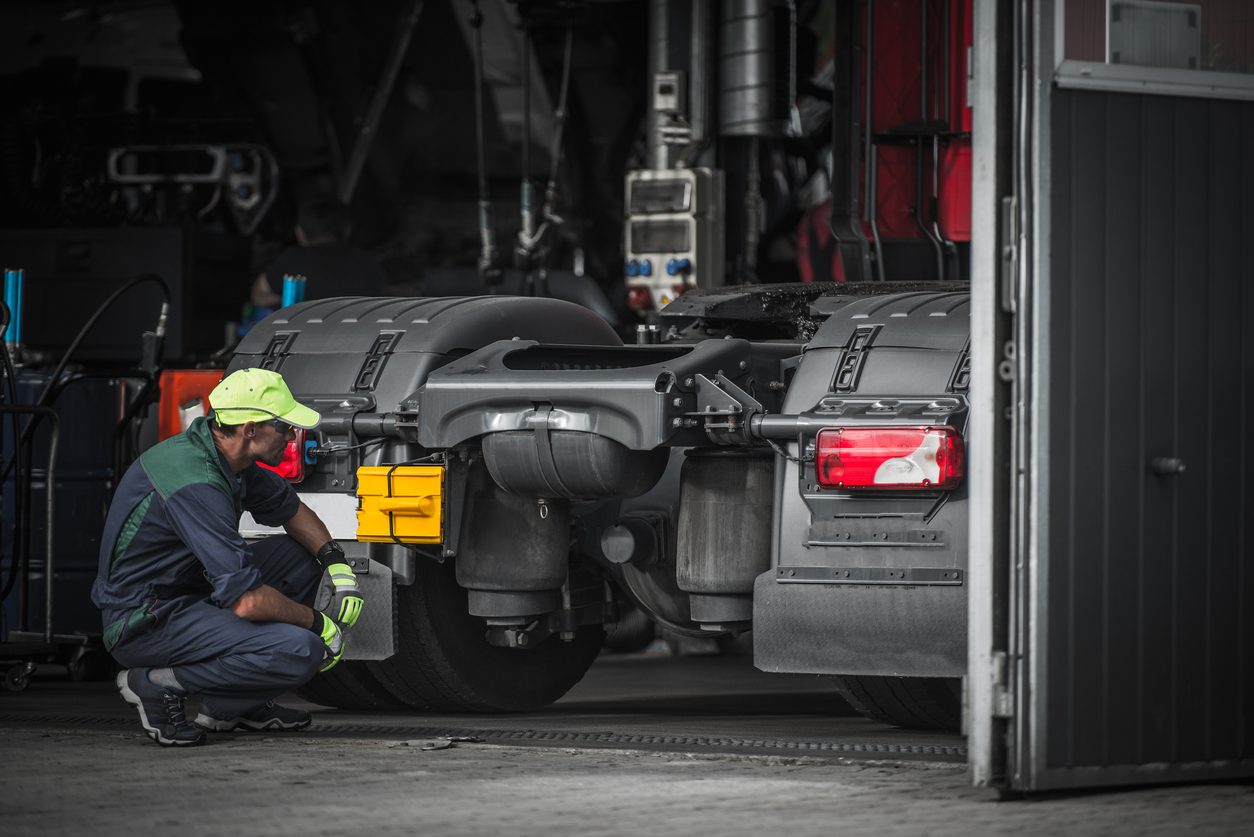Looking for a reliable career working on vehicles? Diesel mechanics are highly skilled technicians with a deep knowledge of diesel engines. These specialized mechanics work on buses, trucks, and other vehicles that use diesel engines to move. Unlike regular automotive technicians, diesel engine technicians typically work on larger vehicles that are part of a fleet, meaning they may be employed by a company that owns the vehicles in question. This is a great career path if you enjoy solving problems, fixing things, and making solid money. Keep reading for 4 reasons to become a diesel mechanic.
1. Diesel Mechanics Are in Demand
Have you driven on the interstate lately? If so, you’ve probably noticed tons of trucks. Truck-based shipping infrastructure isn’t going anywhere anytime soon, so diesel mechanics and technicians are going to remain in demand for years to come. Through 2030, the diesel engine performance career field is expected to grow by 8% in the United States. In South Carolina alone, there are around 2,900 diesel mechanic jobs, so there are plenty of opportunities for people with the right training.
2. It’s Easy to Become a Diesel Mechanic
Unlike some careers, which require a four-year degree, you can get the training you need to work as a diesel mechanic in two years or less. A Diesel Engine Performance Certificate at York Technical College only takes two semesters (or one year) to earn. If you want to go all in, you can earn your Diesel Engine Performance Degree in four semesters (or two years). This means less time in the classroom and more time in the field!
3. Diesel Engines Carry Advantages
The more progress is made with electric vehicles, the less we will rely on gasoline-powered motors. Luckily, diesel has some advantages that will most likely keep it in use for years after gasoline is eventually phased out.
- Safety: Diesel is less flammable than gasoline, making it safer for vehicles with larger fuel tanks.
- Flexibility: Diesel engines are more forgiving than gasoline engines, and can accept other fuels and fuel blends with minimum modifications.
- Efficiency: Diesel engines waste less energy than gasoline engines. This means less fuel is converted into more power.
- Emissions: Despite the fact that diesel fuel contains slightly more carbon than gasoline, diesel engines produce less carbon dioxide because they burn less fuel to achieve the same performance.
4. Diesel Mechanics Are Paid Well
Despite the relatively short training time, diesel mechanics are paid quite well. In South Carolina, diesel service technicians make an average of $39,680/year, but some of the best diesel mechanics can expect to make over $60,000/year. The more training you have, the better your pay is likely to be. Something like a CDL certification might be what pushes you over the edge and helps you land a higher-paid job!
Diesel engines aren’t going anywhere anytime soon, mostly due to the advantages diesel has compared to gasoline. And as long as these engines are in use, they are going to need mechanics to keep them running. Diesel mechanics are in high-demand, and the industry keeps growing! If you want to work on trucks and other vehicles that run on diesel, consider clicking the button below and reaching out! The academic advisors at York Technical College can find you the quickest route to your new career.




